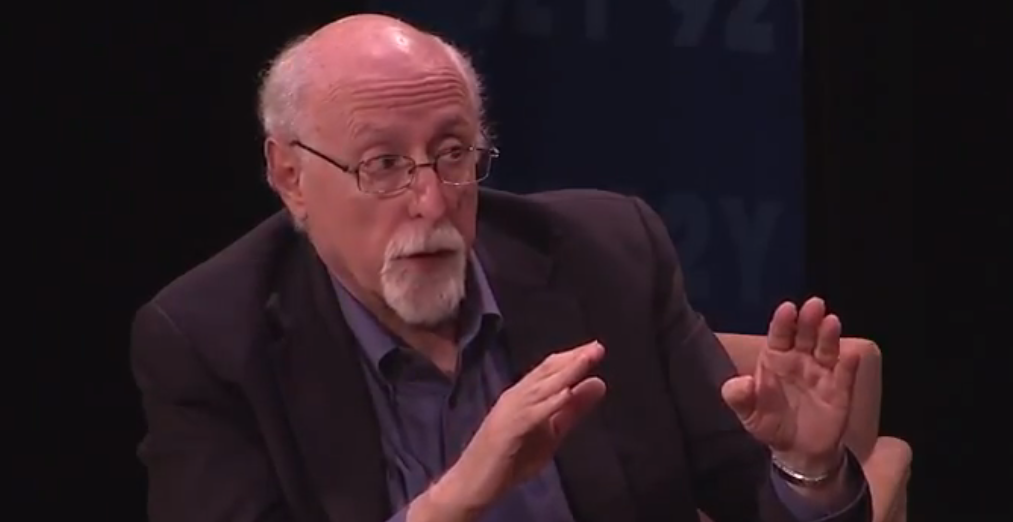Startups focused on building some sort of consumer-facing technology need to adhere to six principles, including knowing what to leave out of the product they’re building. So says Walt Mossberg, co-executive editor of AllThingsD, who delivered the keynote address at the second annual Day of Foster.ly on Saturday.
Close to 700 attendees spent the day at the Artisphere in Arlington. The day, as Technically Baltimore has reported, is the D.C.-based Foster.ly’s attempt to bring together investors, local government officials, startup owners and more entrepreneur-loving folks in the Maryland, Virginia and D.C. region for a day-long event celebrating entrepreneurship in the Mid-Atlantic region.
Mossberg, who also listened to pitches from more than 100 startup founders during the afternoon’s media match, reserved most of his end-of-day keynote for Q&A with the audience, but not before offering his six guidelines for consumer technology.
Walt Mossberg’s six principles for startups in the consumer tech business:
- To be successful, you need to have “laser focus” on the audience for your product, which “is not likely to be everybody in the world.”
- “You are simply not going to win with a crappy product.” Mossberg said it’s better to miss a product launch date “by a month or a quarter” to make sure the product being released is good.
- “You’ve got to decide what to leave out.” No consumer-facing technology will include everything, Mossberg said. “Curate” the product’s functionality, he said. Think like a museum curator: what do people really need to see? You can always add more functionality later.
- “User experience drives the product.” A clear business model is important, Mossberg said, but the user experience needs to be “compelling,” “addictive” and “useful.” He also said to prevent engineers or business people from controlling the product.
- Mobile. Mobile. Mobile. “A full-blown website that isn’t a mobile website is likely to not be a rich experience for a person on mobile,” he said.
- Block out computer theology. “No normal, average, real user cares what computer language the product was written in,” Mossberg said. For that matter, equally unimportant are your “apps are better than the web” arguments. “Your company will take off,” he said, “if you focus on [the] quality of [the] product.”
Join the conversation!
Find news, events, jobs and people who share your interests on Technical.ly's open community Slack

Baltimore daily roundup: Gen AI's software dev skills; UpSurge Tech Ecosystem Report; MD service year program

Baltimore daily roundup: Mayoral candidates talk tech and biz; a guide to greentech vocabulary; a Dutch delegation's visit

Baltimore daily roundup: An HBCU innovation champion's journey; Sen. Sanders visits Morgan State; Humane Ai review debate

